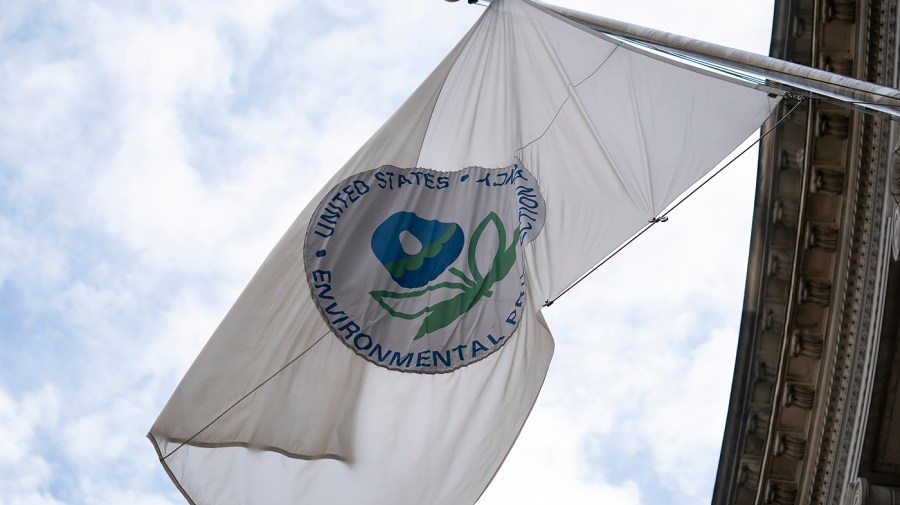
The Trump administration has proposed to repeal a significant finding related to climate change, which has implications for public health and environmental regulations. On July 25, 2023, during a speech in Indianapolis, Lee Zeldin, the Administrator of the Environmental Protection Agency (EPA), announced plans to abandon the endangerment finding established during the Obama administration. This finding is crucial as it supports numerous climate regulations, including those impacting the automobile sector.
According to the EPA press release, if the proposal is finalized, it will eliminate all greenhouse gas emissions regulations for motor vehicles and engines. This includes the repeal of existing greenhouse gas standards. Zeldin characterized the action as potentially “the largest deregulatory action in the history of the United States,” emphasizing a significant shift in federal policy regarding climate change.
The endangerment finding originated from the landmark Massachusetts v. EPA case in 2009, which empowered the agency to regulate emissions under the Clean Air Act if deemed harmful to public health. Zeldin detailed that the proposed rule aims to dismantle not only the endangerment finding but also related regulations, including mandates for electric vehicles and standards for various vehicle types, such as light-, medium-, and heavy-duty vehicles.
This move aligns with a broader initiative by the Trump administration to reduce government regulations, particularly those aimed at combating climate change. The timing of the proposal is notable, as it occurs during a summer marked by severe weather events, including devastating floods in Texas that resulted in over 130 fatalities and extreme heat conditions affecting the East Coast.
While this proposal is significant, it is important to note that it is not yet finalized. The draft will undergo a public comment period, allowing stakeholders and the public to voice their opinions before any final decision is made.
The potential repeal of the endangerment finding raises concerns among environmental advocates and health officials. Climate change, largely driven by human activities such as the burning of fossil fuels, continues to exacerbate extreme weather patterns globally. The implications of these proposed regulatory changes could impact both public health and environmental protections for years to come.
As the debate unfolds, the future of the nation’s climate regulations remains uncertain, with the Trump administration’s push to reduce oversight at the forefront of discussions surrounding climate policy.






